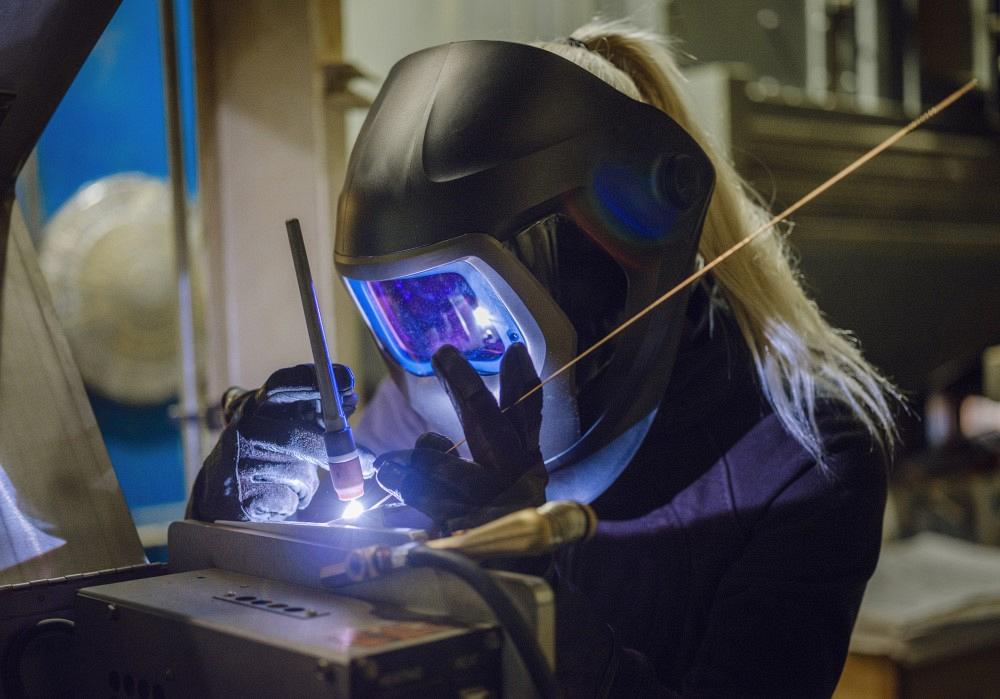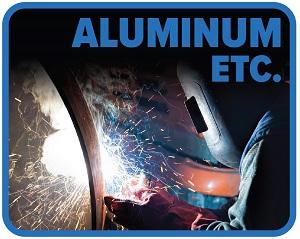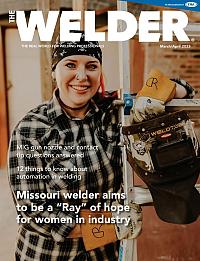Industrial Systems and Manufacturing Instructor
- FMA
- The Fabricator
- FABTECH
- Canadian Metalworking
Categories
- Additive Manufacturing
- Aluminum Welding
- Arc Welding
- Assembly and Joining
- Automation and Robotics
- Bending and Forming
- Consumables
- Cutting and Weld Prep
- Electric Vehicles
- En Español
- Finishing
- Hydroforming
- Laser Cutting
- Laser Welding
- Machining
- Manufacturing Software
- Materials Handling
- Metals/Materials
- Oxyfuel Cutting
- Plasma Cutting
- Power Tools
- Punching and Other Holemaking
- Roll Forming
- Safety
- Sawing
- Shearing
- Shop Management
- Testing and Measuring
- Tube and Pipe Fabrication
- Tube and Pipe Production
- Waterjet Cutting
Industry Directory
Webcasts
Podcasts
FAB 40
Advertise
Subscribe
Account Login
Search
Aluminum Etc.: What do you call a woman who welds? A welder
- By Gina Cutts
- April 19, 2023
- Article
- Aluminum Welding
Let’s face it, companies are hard-pressed to find qualified employees in today’s market. It is what I hear over and over. Complaints of “nobody wants to work anymore” can be heard from hiring managers everywhere.
This is not factually accurate. In our industry, there are people who have unconscious and not-so-unconscious biases toward individuals who don’t fit their idea of what an industrial worker should look like. It’s not their fault. They have had generations of conditioning that helped them form the picture of what an ideal employee should look, sound, and be like. It is up to everyone to acknowledge this and shift his or her perspective toward welcoming the traditionally undervalued and underrepresented to build a strong workforce for our manufacturing companies, unions, small businesses, and startups.
I welded for 25 years beginning in 1988. It wasn’t an easy time for a woman to come up in the trades. For most of my career, I was the sole woman on the job site. Repeatedly, and still to this day, men say that they knew/know a girl who welds and then announce that girls make some of the best welders. I always cringe when I hear this, but I have never spoken up or tried to correct this misinformed and outdated stereotype. Why would I? It was always said when I was the only woman.
Women (not girls) are neither more nor less skilled at welding than anyone else. People become great welders through practice and opportunities to expand and increase their knowledge and skills.
Trust me, you want to hire women. Why? A woman in the trades has already overcome so much to just be there. No jobs were handed to her. She must earn the spot and then continue to earn that spot every single day because she knows she will be judged more harshly than her male co-worker for any mistakes. She walks onto that job site knowing that most people don’t think she belongs there or that she cannot physically do the work. People question her commitment and her experience constantly.
If you see a woman on-site, rest reassured she is probably an overqualified and extremely skilled worker. She has to be.
About the Author

About the Publication
subscribe now
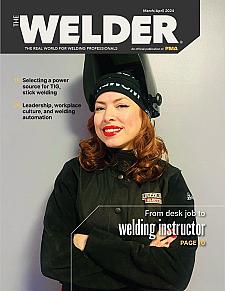
The Welder, formerly known as Practical Welding Today, is a showcase of the real people who make the products we use and work with every day. This magazine has served the welding community in North America well for more than 20 years.
start your free subscription- Stay connected from anywhere

Easily access valuable industry resources now with full access to the digital edition of The Fabricator.

Easily access valuable industry resources now with full access to the digital edition of The Welder.

Easily access valuable industry resources now with full access to the digital edition of The Tube and Pipe Journal.
- Podcasting
- Podcast:
- The Fabricator Podcast
- Published:
- 04/16/2024
- Running Time:
- 63:29
In this episode of The Fabricator Podcast, Caleb Chamberlain, co-founder and CEO of OSH Cut, discusses his company’s...
- Trending Articles
Sheffield Forgemasters makes global leap in welding technology
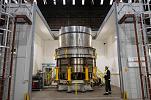
ESAB unveils Texas facility renovation

Engine-driven welding machines include integrated air compressors

How welders can stay safe during grinding
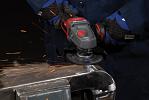
The impact of sine and square waves in aluminum AC welding, Part I

- Industry Events
16th Annual Safety Conference
- April 30 - May 1, 2024
- Elgin,
Pipe and Tube Conference
- May 21 - 22, 2024
- Omaha, NE
World-Class Roll Forming Workshop
- June 5 - 6, 2024
- Louisville, KY
Advanced Laser Application Workshop
- June 25 - 27, 2024
- Novi, MI
























